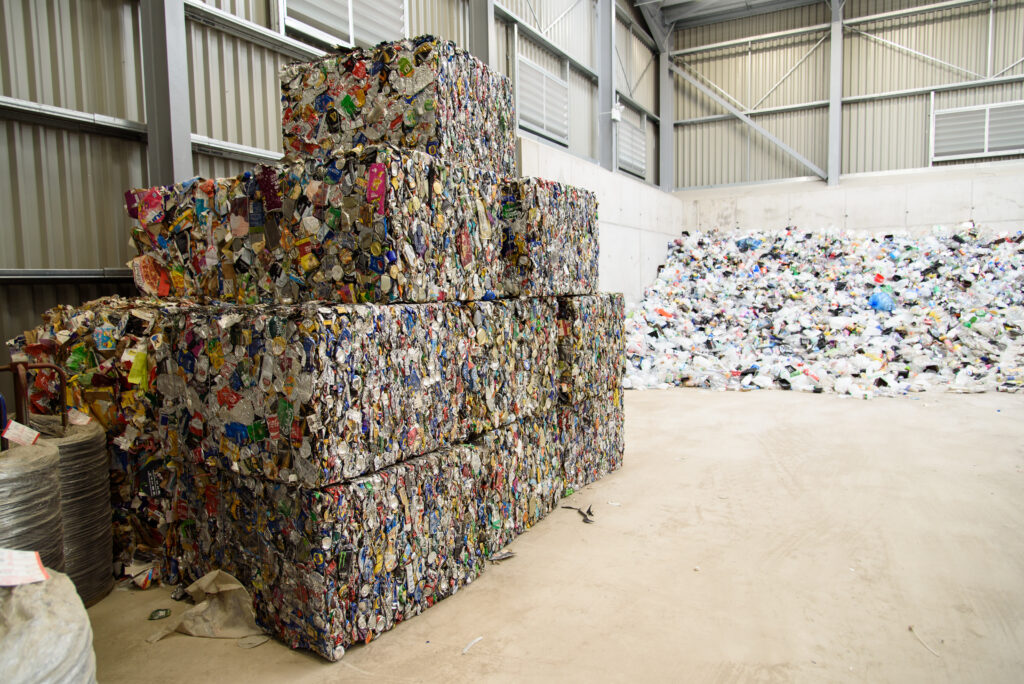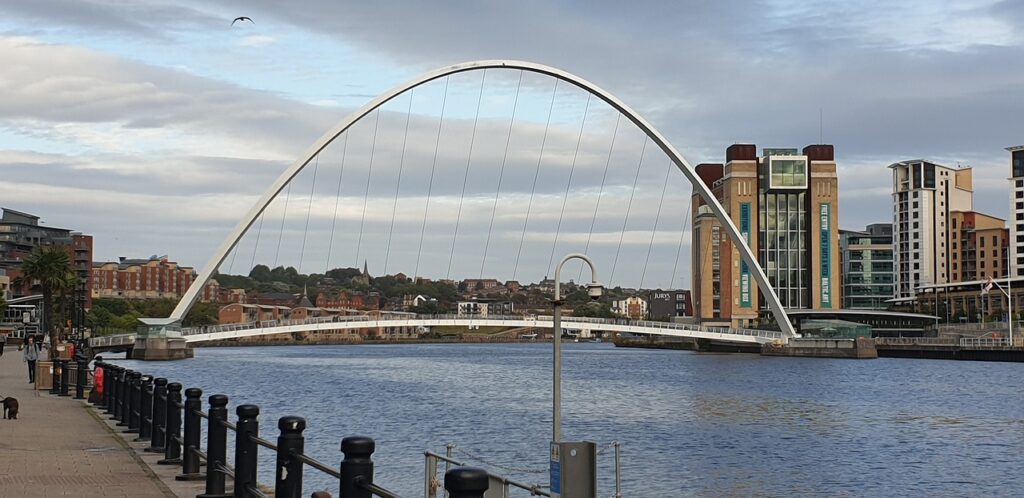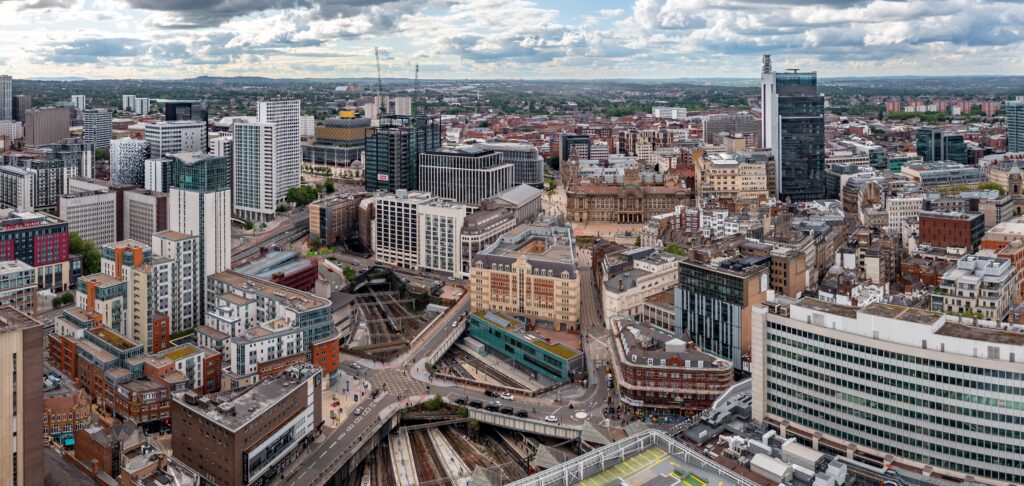The council, which has historically been poor at recycling with a reliance on bring banks, believes its household waste recycling rate for 2003/04 will be at least 43%.
Waveney was refused Defra funding in the first two rounds of the Waste Minimisation and Recycling Fund as their policy was seen as “too ambitious”, but the council is now showing that its policy can work. Waveney has since gained funding from the third round of the fund.
The three bin system sees households given a black wheeled bin for residual waste and offered a second, blue wheeled bin for paper/card, cans and plastic bottles and a third, green wheeled bin for garden waste.
Martin Plane, the man behind the new system, told letsrecycle.com that he believes it will allow the council to smash its statutory recycling targets. Because of its previously poor record on recycling, Waveney only had to meet a 10% household waste recycling rate for 2002/03, which it surpassed by 2.8 percentage points. The council's 200/05/06 target is 18%.
Mr Plane, who is portfolio manager for environmental services at Waveney, said: “Once April came round we were getting monthly recycling rates of 54 to 57%. Over a 12-month period to April, we achieved about 25%, with the incremental introduction of the wheeled bins across the district, we'll have a 43% rate this year.”
Participation
Almost all of the 53,000 households in the semi-rural district are being given wheeled bins for residual waste, but they can opt out of the additional recycling bins. So far, 93% of households have accepted two additional bins alongside their residual waste containers, while 98% of households have accepted at least one recycling container.
The first phase of the system was introduced in September 2003, and now covers 42,000 households, about 76% of the district. Remaining households in Waveney are being given their new bins from this month until February 2005. The bins are collected on alternate weeks, residual waste one week, recyclable waste the next.
Mr Plane explained: “Waste goes to a transfer station, is bulked, with residual waste going to landfill. Compostable waste goes to an in-vessel site Suffolk to be composted – it is animal by-products licensed, so at some stage we will extend into kitchen waste as well.”
Quality
The council said that reprocessors have given “very positive feedback” on the quality of materials collected through the system, that there is “very low contamination”. Complaints from residents have been few, and mostly from impatient householders keen to get started in the new recycling service.
Some concerns have been raised by second home owners in one part of the district because their residual waste is only collected fortnightly. Mr Plane said the council is looking into how they can solve the problem, and one option could be that they pay for a weekly collection of residual waste.
Suffolk
The performance of Waveney will go some way to helping the county of Suffolk as a whole deal with its tough Public Service Agreement target to get from a 17% recycling rate in 2002/03 to a 35% recycling rate by 2005/06. Suffolk is currently working on a Joint Waste Management Strategy that will aim for a 60% diversion of municipal waste from landfill through collections of three separate waste streams.
Waveney is one of a number of Suffolk districts to have benefited from funding made available by the county from the sale of its Local Authority Waste Disposal Company. Waveney's portion of the “Collaborative Funding” has gone towards introducing the system to about 45% of its households.








Subscribe for free